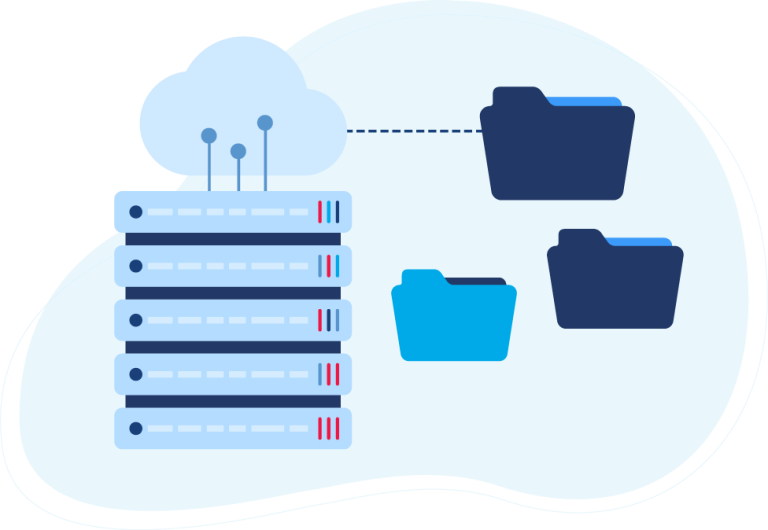Plug and Play solutions are often manually downloaded and an extension of an existing application. Most of the time, plug-and-play solutions are on the cheaper side of the integration spectrum and for good reason, such integrations will put you into a conformed box, one that can’t and won’t conform to specific business needs.
In the integration space, the old adage holds true, “you get what you pay for”. Decision-makers looking into data integration solutions must do their research and ask the right questions because when it comes to the important decision of finding the right integration platform, choosing wrong can cost you more than just money. In this article, we will be breaking down what to watch out for when considering a plug and play solution, and some questions you should be asking yourself before implementing a solution.
Finding out what integration approach is best for your brand is step one when looking for a new solution. The 5 Data Integration Approaches, written by Jessica Thiele, one of VL OMNI’s brilliant minds, explores the pros and cons of various data integration methods.

1. Can Your Integration Solutions Scale?
Often Merchants adopt solutions that are helpful to their current business size, but with integration, thinking of scalability is key. When looking at the plug-and-play solutions, ask yourself if that platform can handle not just your current order volume but, would it be able to handle it at peak sales periods like Black Friday, Cyber Monday?
Plug and Play integrations typically only manage common workflows at a very basic volume; businesses may find that as they grow, they require more and more plugins and DIY integrations to hold the increased demand. Eventually that spider-web of integrations will fail if business demands outpace the un-sophisticated integrations on the backend.
This is where purpose-built platforms with scalable and flexible integrations come in. VL OMNI’s solution, which isn’t a plug-and-play solution, but a managed iPaaS service is renowned for its expandable, pre-built Connectors. Understanding not only your current needs, but planning for future needs is a strategic advantage that will help your business grow with confidence in today’s competitive market.
2. Consider Functionality and Features Closely
Every Merchant is different and unique. Thus having specific business operational rules and requirements that may make their customer’s journey special and complex. In looking at the pros and cons of any given integration solution, it is important to take into account the scope of available features and functionality and how it plans to handle your unique business rules and processes.
Often, out-of-the-box plug-and-play solutions keep you quite constrained as to how they operate without much flexibility or customization at all. This forces your business to change to meet the functionality limitations of the solution.
One or two concessions might not matter much, but as you grow with more sophisticated operational practices and your customers start expecting a seamless customer experience, these rigid out-of-the-box solutions may have a detrimental affect on your business in a number of ways that include: Manually over-riding integrations that don’t have enough functionality, data errors in inventory updates, customer data lost or integrated to the wrong systems etc. These problems won’t take long to affect your customers’ experience with your brand.
Ask yourself these questions when considering a plug-and-play solution’s functionality?
- Will this platform be able to grow and scale with my business during peak sales periods?
- What kind of business rules make my business unique?
- Is it tax considerations? ERP management? Dropshipping or split shipments?
- And do my integrations take into account these business rules and accommodate them?

3. When You Need Support, Who Will be There For You?
Customer support is not always emphasized as a crucial factor in the decision-making process for integration solutions. But, like in all things, support tickets will be made and when you are up against the clock, the kind of support you are given but your integration platform will mean a lot to you and your employees.
Often plug and play integrations are self-service, meaning that your team will be the people setting up the Connectors, managing them, and doing your own troubleshooting when things start to go wrong. When you are operating a sophisticated eCommerce business, the number of support issues you will need to deal with when engaging in self-serve plug and play integrations will be severe and take valuable time away from your team to fix issues. VL OMNI is a fully managed integration service provider, we handle integration projects from initial design and implementation of a solution to maintenance.
While looking at support for plug and play integrations, be sure to ask yourself these questions?
- Will the plug-and-play platform have agile and cost-effective changes if I need more additions or support to my integrations?
- Will they give me ongoing consultation on new strategies I may implement?
- Do they have continuous monitoring of Connectors and the ability to fix them for me?
- Does their solution support scalability?
- In the coming months/years, can the value of customer service increase as our business grows?
Final Considerations
If plug-and-play, or any other solution for that matter, meets your business’ long-term needs. Take that route. You shouldn’t feel the need to invest more money into a solution you do not need. The problem is, too many Merchants blow through their internal technology budget before considering integration. When in reality it should be one of the first things businesses think about. There is often a tremendous emphasis put on the front-end of eCommerce sites when the back-end technology is considered as an after-thought.
We urge you to think strategically about integration from the outset. Planning for future needs rather than today’s issues.
If you are an increasingly sophisticated eCommerce brand, you may not be able to continue using plug-and-play solutions. This is why VL OMNI exists. We are a managed iPaaS integration platform that can grow with your business over time with our scalable Connectors, especially during peak sales seasons. We configure our connectors to your integration strategy and your business’s specific needs and off long-term strategic guidance on business integration strategy.
 D365 Business Central
D365 Business Central Netsuite
Netsuite


